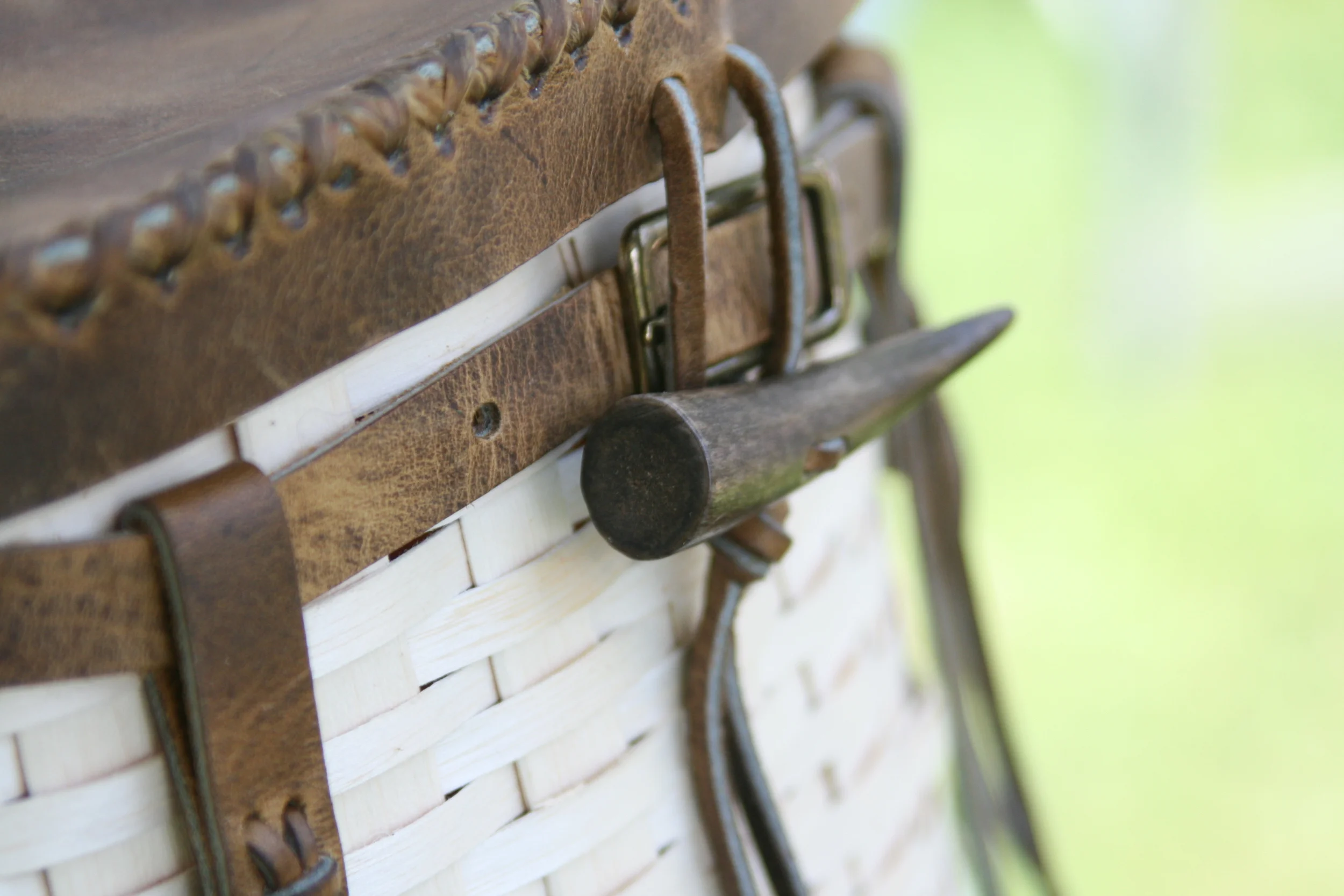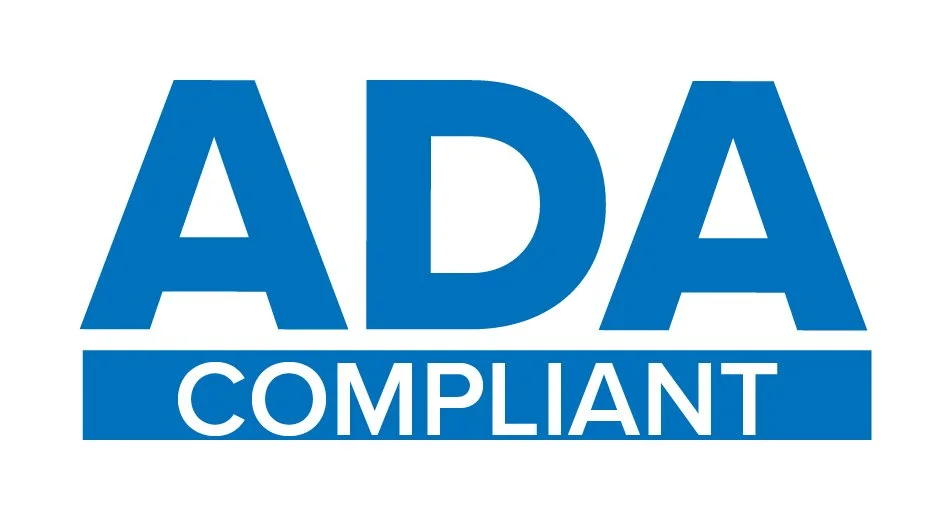What Does Decolonization Mean?
/As the only museum in the world dedicated to Wabanaki art, history, and culture, the Abbe works closely with the Wabanaki Nations, sharing authority for the documentation and interpretation of Native culture. We are committed to an ongoing process of better understanding Wabanaki culture, history, and values, and with this in mind, we have a new vision for the Abbe, one that is groundbreaking, ambitious, and thrilling:
The Abbe Museum will reflect and realize the values of decolonization in all of its practices, working with the Wabanaki Nations to share their stories, history, and culture with a broader audience.
You might be wondering what decolonization means, orwhat it looks like in a museum setting. You’re not alone; it’s not a well-known word or practice, but it’s gaining speed and we’re proud to be a leading resource and model that the museum field turns to for ideas, solutions, and strategies for comprehensive museum decolonization.
Susan Miller, Seminole, describes decolonization as a process designed to shed and recover from the ill effects of colonization. Amy Lonetree, Ho-Chunk, states in her outstanding publication Decolonizing Museums, that “a decolonizing museum practice must involve assisting (tribal) communities in addressing the legacies of unresolved grief.”
Generally speaking, museums have historically controlled their audiences’ understanding of Native people, sovereignty, and culture by leaving Native people and communities out of the planning and processes of museum practices. In the end, there was little to no consultation and collaboration with Native people on exhibits, archaeology, culture, history, fashion, food, music, placenames, burial remains, spirituality, education, and much, much more. This practice is certainly evolving, but the museum field has a long road to travel, righting these inequities of the past and planning for a collaborating present and future.
The principles of decolonization inform how the Abbe builds, understands, and exhibits its collections, and they affect who shapes and tells the stories in our galleries and programs. Decolonization is part of our governance and policy and practice, the training of all staff (including those who greet and educate visitors), and even determines what is sold in our Museum shops.
We’ve got big ideas for the future, and ourstrategic planincludes designing and installing a new core exhibit, producing the Abbe Museum Indian Market, expanding our dialogue-based programming, implementing a new and improved web presence, developing an archaeology advisory committee, and creating an online collections database. We plan to share updates, projects, and milestones on the website and blog each week, so be sure to visit often (and ask questions)!
This new plan and vision are the result of years of discussions, interviews, research, writing, and testing. The plan represents a critical transition in the history of the Abbe, and it’s a journey we’re excited to embark on!






